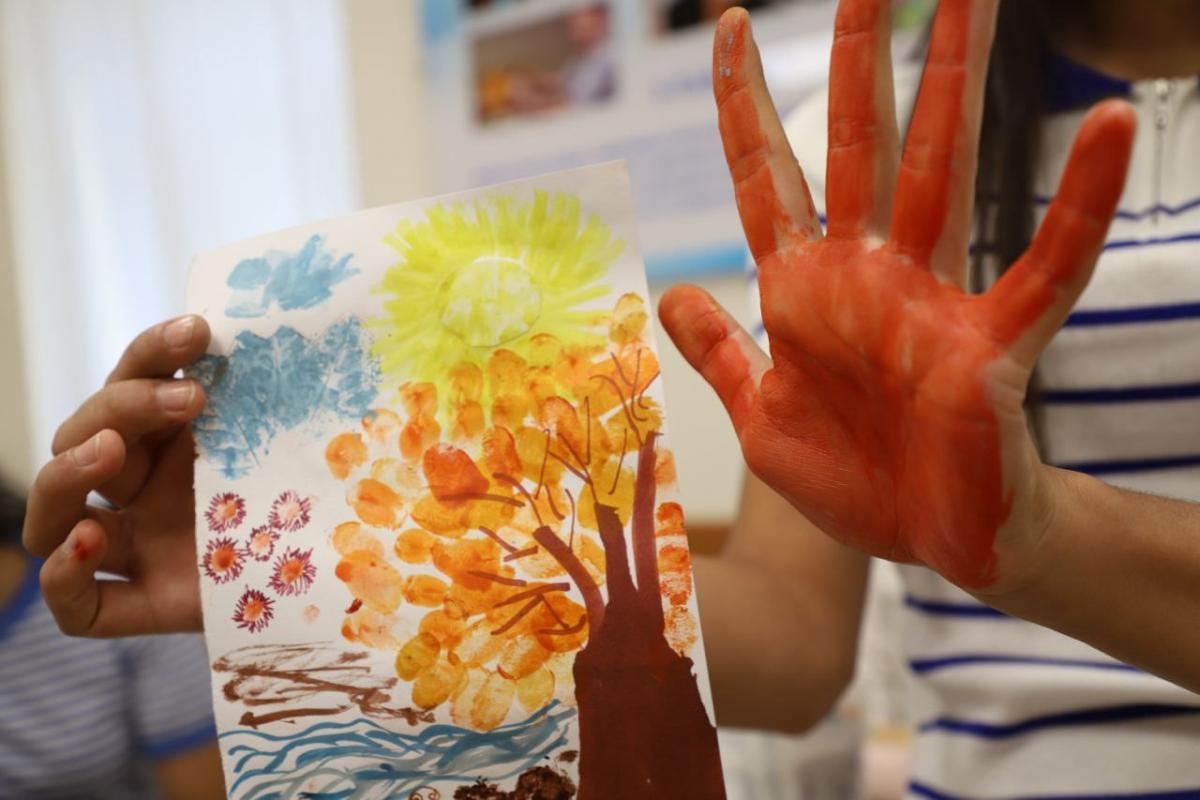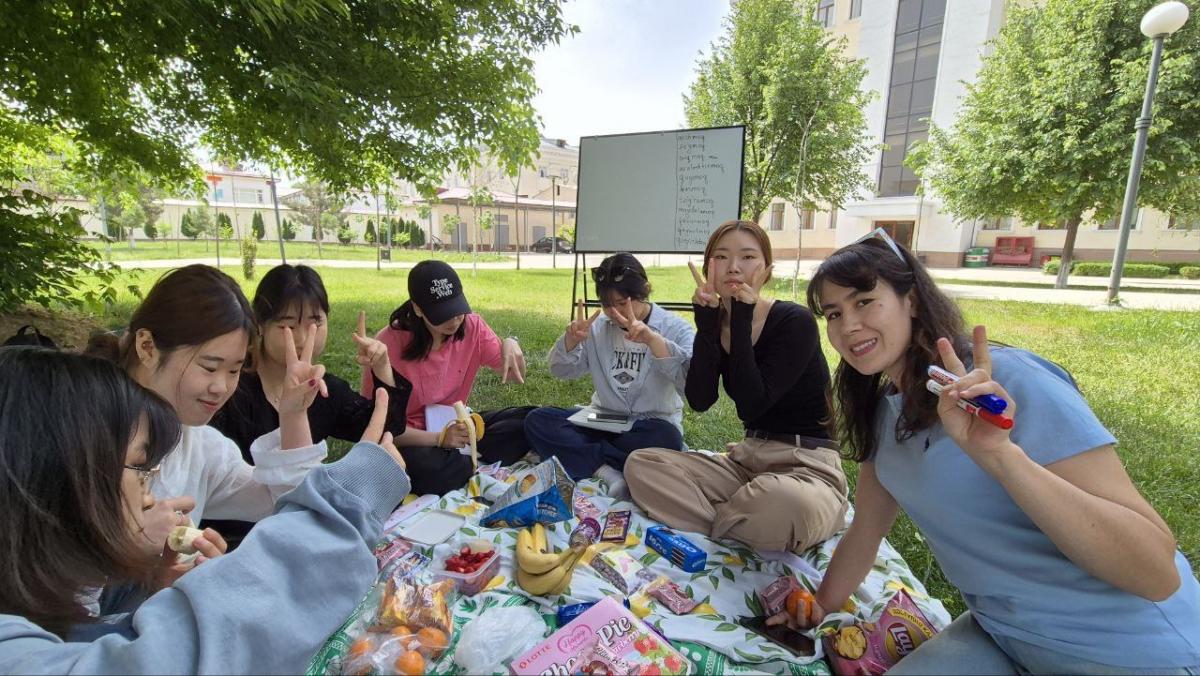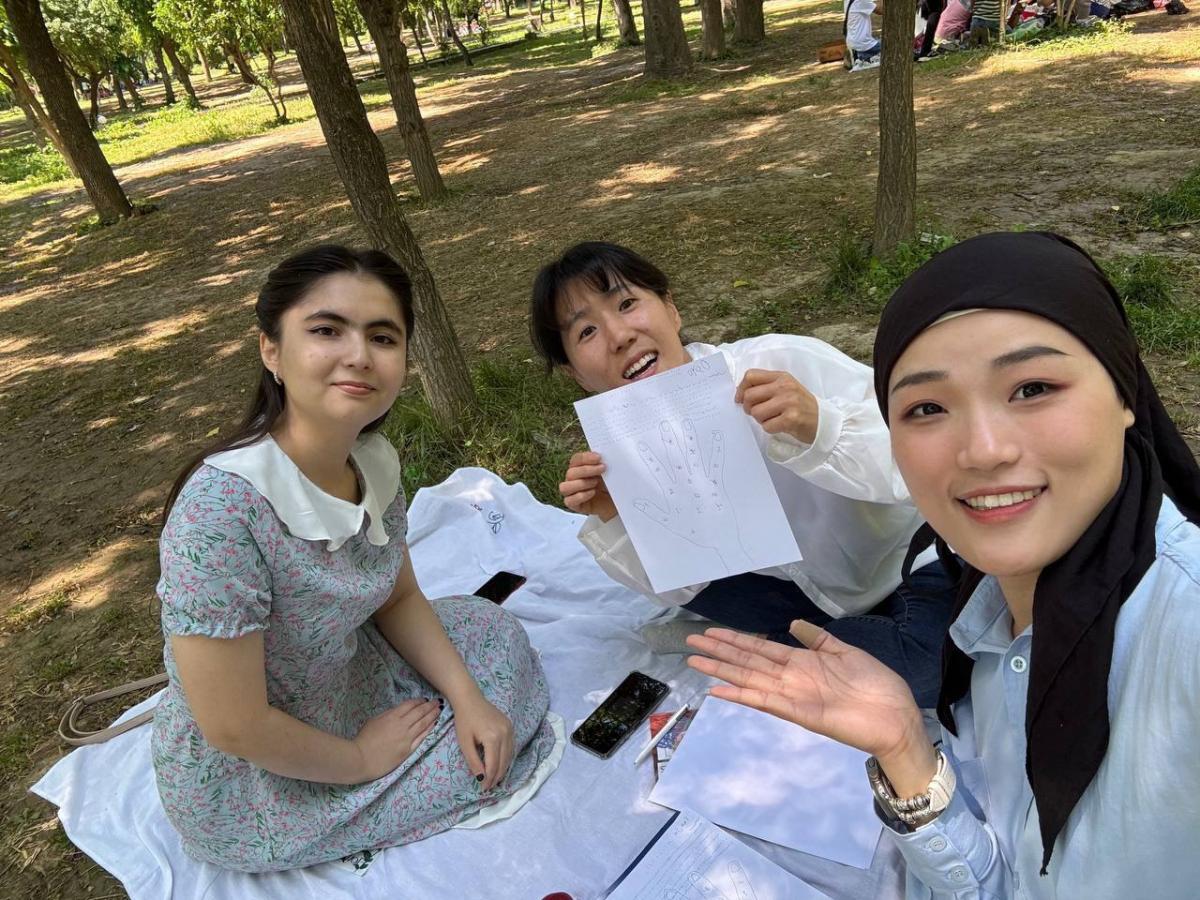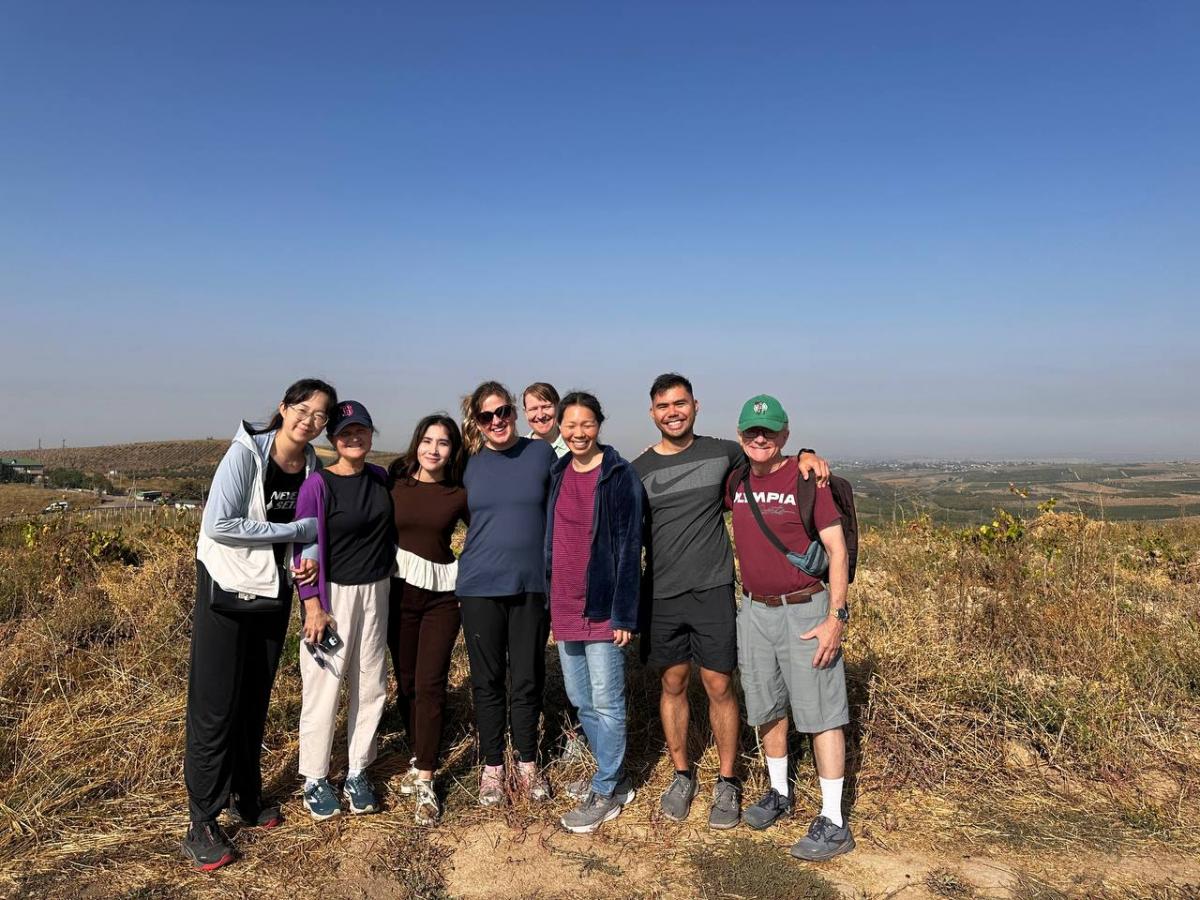
At Alisher Navoi Tashkent State University of Uzbek Language and Literature (TSUULL), outdoor educational workshops have become an engaging platform for students to connect learning with real-life experiences. These workshops are designed as hands-on sessions that bring together environmental awareness, cultural heritage preservation, and language practice in natural settings.
Students participate in activities such as tree planting, eco-cleanup campaigns, and nature walks, which not only strengthen their responsibility towards protecting the environment but also create opportunities for teamwork and leadership.
Alongside environmental initiatives, cultural heritage preservation workshops allow students to visit historical sites, learn about traditional practices, and take part in activities that highlight the richness of Uzbekistan’s cultural legacy. By engaging directly with heritage, students gain a deeper understanding of their national identity and the value of safeguarding traditions for future generations.
Language practice is another essential element of these outdoor sessions. Immersed in natural and cultural contexts, students enhance their Uzbek and foreign language skills through discussions, role plays, and interactive tasks. Practicing language in these authentic environments makes learning more dynamic and meaningful.
Through these outdoor educational workshops, TSUULL bridges theory and practice, cultivating environmentally conscious, culturally aware, and linguistically skilled individuals ready to make a positive impact on society.
Why to join outdoor workshops?
Joining outdoor workshops at TSUULL offers students a unique chance to learn beyond the classroom. These sessions combine education, nature, and culture to create experiences that are both meaningful and memorable.
- 1. Hands-on learning — Students don’t just study concepts; they apply them directly in real settings, making knowledge more practical and long-lasting.
- 2. Environmental awareness — Activities like tree planting and eco-walks help students understand their role in protecting the planet and encourage sustainable habits.
- 3. Cultural connection — Visits to heritage sites and participation in traditional practices strengthen cultural identity and appreciation of history.
- 4. Language in action — Practicing Uzbek and foreign languages in authentic, outdoor contexts boosts communication skills in a natural and interactive way.
- 5. Personal growth — Working in groups builds teamwork, leadership, and problem-solving abilities while fostering a stronger bond among students.
By joining these workshops, students enrich their knowledge, sharpen their skills, and build values that go beyond academics—preparing them to become responsible citizens and active contributors to society.
Here you can look through the moments of outdoor educational workshops:




